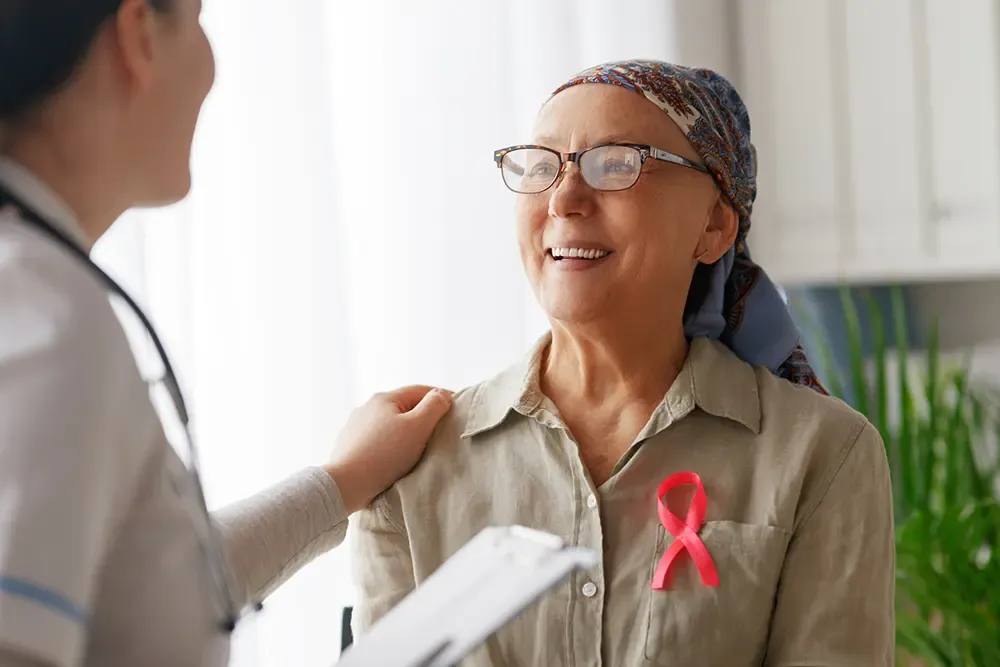Navigating life after cancer treatment can feel like stepping into uncharted territory. As you move forward from treatment to survivorship care, having open and informative conversations with your healthcare team, including your general practitioner and other medical professionals outside of your cancer care team, is crucial.
To help you prepare for these discussions, here are some topics you should consider asking your doctor after completing cancer treatment:
1. Follow-up Care
Even though you have finished treatment, your cancer care continues with follow-up treatment that watches for signs of cancer recurrence, manages any side effects from treatment, and monitors your overall health. While you might still visit your cancer care team for follow-ups, you may also continue management and monitoring with your primary care doctor or another healthcare provider.
Understanding your follow-up care schedule is vital. Ask your doctor about the frequency of check-ups, necessary tests, and the signs or symptoms you should report immediately. Knowing your roadmap helps in planning ahead and ensures any recurrence is caught early.
2. Side Effects
Cancer treatments can have lasting effects on your body. Discuss any potential long-term side effects and how they might impact your daily life. Understanding these can help you manage expectations and seek appropriate support when needed.
Your doctor can also help you identify signs of cancer recurrence. Have a detailed conversation about the warning signs to look out for and clarify when and how you should reach out if you notice anything unusual.
3. Lifestyle Changes
ht need to make adjustments to your diet, exercise routine, or other lifestyle habits. Ask for specific recommendations tailored to your individual health needs to promote recovery and enhance your overall well-being.
4. Support Resources
Cancer recovery can be emotional and spiritual as well as physical. Inquire about support groups, counseling services, or community resources that can help you transition into this new chapter of your life.
5. Return to Work
Returning to work is a significant step. Discuss your readiness, any necessary accommodations, and strategies for balancing work and health. Your healthcare team can provide advice on transitioning back to your professional life smoothly.
6. Informing Your Other Healthcare Providers
Ensure that all your healthcare providers are informed about your cancer treatment history. Ask your doctor which information is crucial to share and how it might affect other treatments or medications.
Reach Out to Your Doctor or Your Care Team at Minnesota Oncology with Any Questions
Asking these questions not only helps you gain a clearer understanding of your post-treatment journey but also empowers you to take an active role in your health and recovery. Remember, your healthcare team is there to support you, so never hesitate to reach out with questions or concerns.
To learn more about cancer treatment and support resources, visit https://mnoncology.com/support/cancer-survivorship or call (844) 317-4673 for more information.




